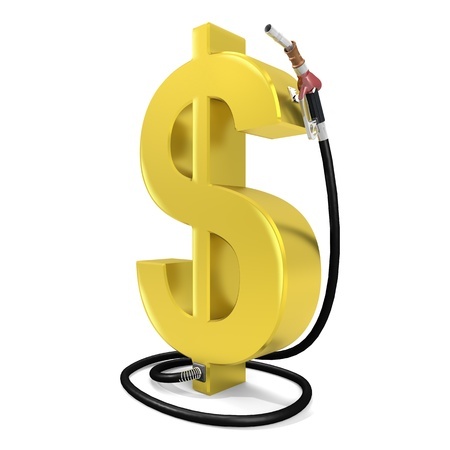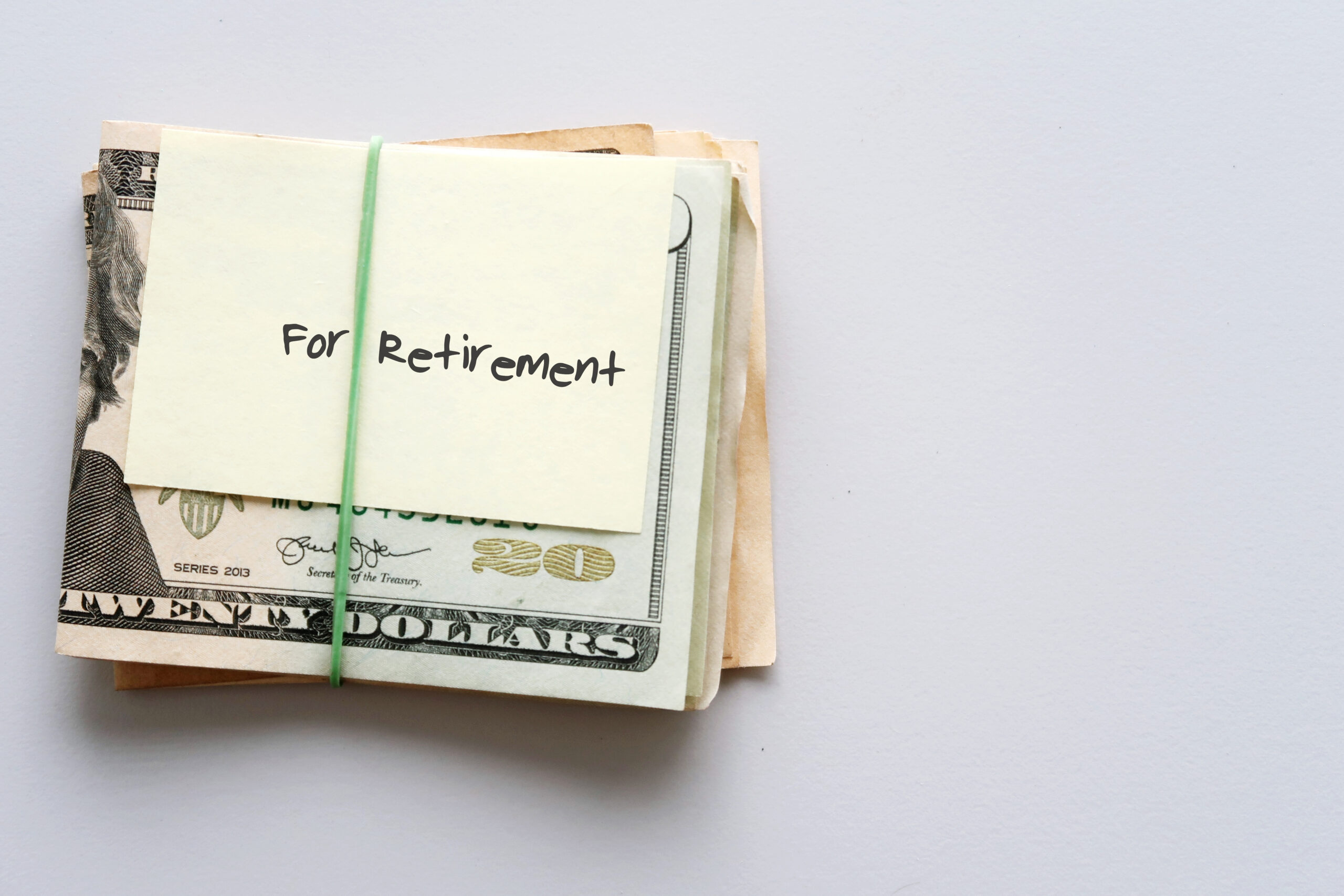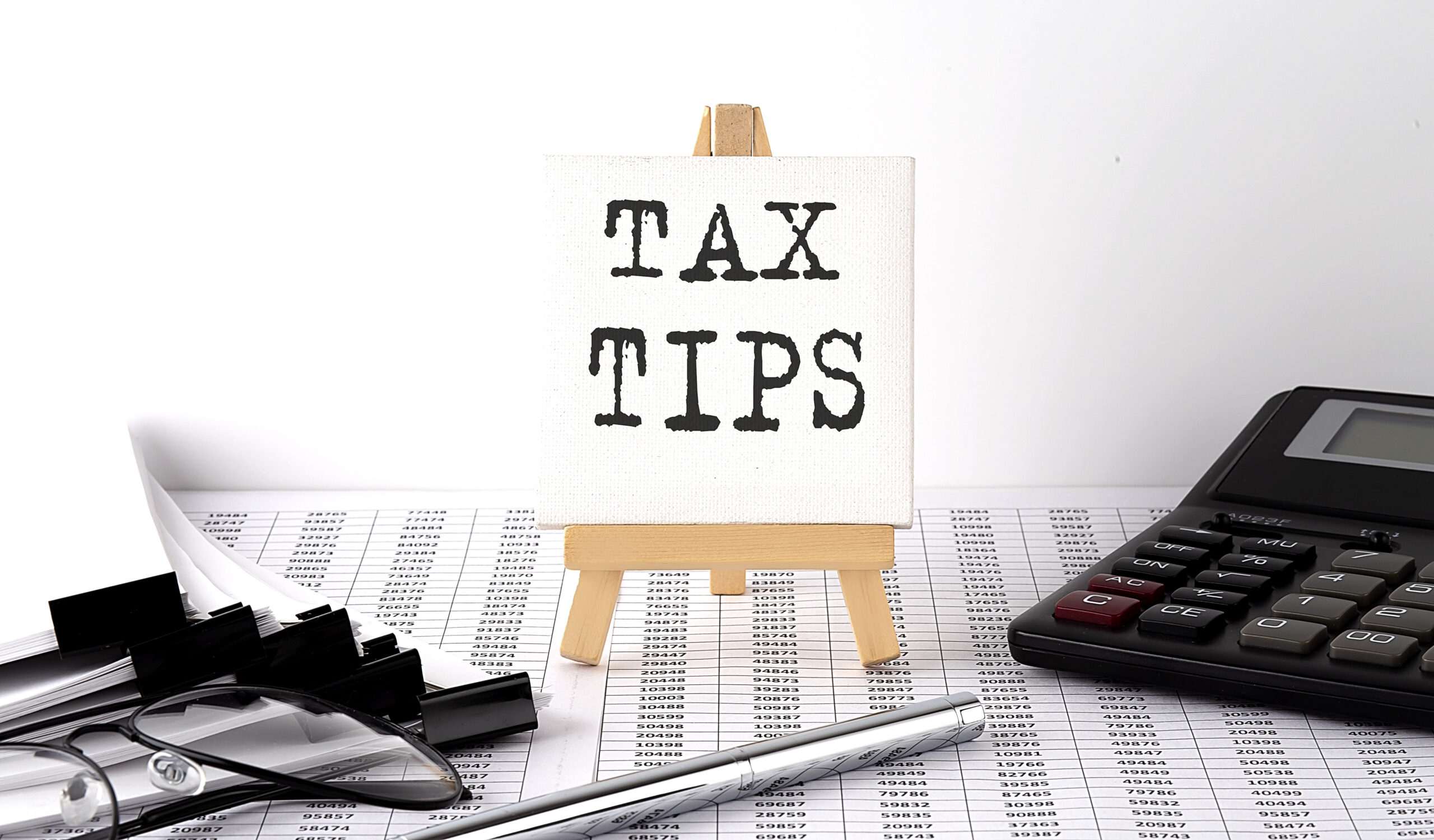Today, many retail businesses are running customer loyalty programs that offer customers discounts on future gasoline purchases after they make qualifying purchases. In some cases the discounts are limited to gasoline purchases and customers may end up not using the discount before the expiration date. If your business uses Generally Accepted Accounting Principals (GAAP) for it’s accounting, you would estimate discounts that customers will take, record the liability, and reduce your income accordingly. However, the IRS doesn’t agree with this approach. The IRS position is that is that you can’t deduct the discounts until they are actually applied to purchases.
So can you take discounts given on your business income tax return?
In a recent court case, Giant Eagle, a taxpayer was trying to claim the deduction on their corporate income tax return. Under the internal revenue code, a liability and the related deduction usually cannot be recognized until it’s fixed and determinable and economic performance has occurred. In this case the IRS questioned whether the liability was really fixed. The taxpayer considered they had reasonably estimated the face value of the coupons, and therefore their position was that the liability became fixed on issuance of coupons for the company despite the fact that the customers haven’t redeemed the discounts by year-end. The taxpayer also argued that the coupons were similar. However, both IRS and U.S tax court rejected the first argument, concluding that the liability wasn’t fixed until the customer applied the discounts to the gasoline purchases. The taxpayers second argument was also rejected as the gasoline discounts couldn’t be redeemed for “merchandise, cash or other property” per IRS code.




